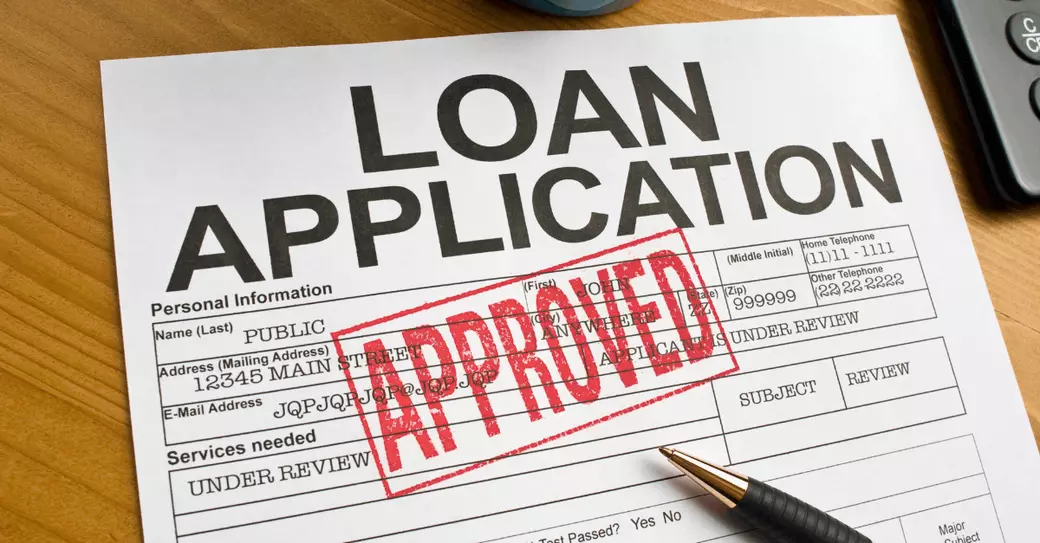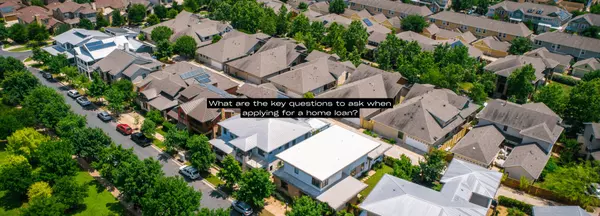Home Loan Pre-Approval vs. Pre-Qualification in 2025 for NoVA Buyers: VA Loans, Virginia Down Payment Assistance, and Local Lender Nuances

Navigating the mortgage process can feel like a maze, especially in 2025 when rates, programs, and lender practices continue to evolve. For buyers in Northern Virginia (NoVA), understanding the difference between pre-approval and pre-qualification, along with VA loan options and Virginia-specific down payment assistance, can make a meaningful impact on your home search and negotiating power.
Key Differences: Pre-Approval vs. Pre-Qualification
- Pre-Qualification (less formal):
- Based on self-reported financial information (income, assets, debts).
- Gives a rough estimate of what you might qualify for.
- Quick and largely without documented verification.
- Pros: fast, low effort. Cons: less credible to sellers, weaker negotiating position.
- Pre-Approval (stronger, documented):
- Involves a lender reviewing your financials and pulling your credit report.
- Comes with a loan amount pre-approval letter stating what the lender is willing to lend, subject to property and appraisal.
- Usually requires proof of income, W-2s or tax returns, bank statements, and debt information.
- Pros: signals serious intent, stronger leverage in offers, often speeds up closing once you find a home. Cons: takes longer and may require more documentation.
- Which should NoVA buyers pursue in 2025?
- For competitive NoVA markets (no shortage of cash buyers and bidding wars), a pre-approval is strongly recommended. It gives you credibility with sellers and can help you lock in rate-lock timing earlier in the process.
- If you’re early in the planning stage and just starting to gauge options, a pre-qualification can be a stepping stone, but plan to upgrade to pre-approval before making strong offers.
VA Loans: A Strong Option for NoVA Buyers
- Why VA loans are appealing:
- No down payment required in most cases, making homeownership more accessible for eligible veterans, active-duty service members, and certain national guard or reservist borrowers.
- No private mortgage insurance (PMI) requirement in many scenarios, which can lower monthly payments.
- Competitive interest rates and loan limits that often exceed conventional thresholds in popular NoVA markets.
- Key eligibility basics:
- Service requirements vary (e.g., active duty, former service, spouses of service members in certain situations).
- Obtain a Certificate of Eligibility (COE) to prove entitlement.
- NoVA-specific considerations:
- Local appraisers, data on property taxes, and condo vs. single-family lending nuances can affect VA loans in NoVA.
- Some communities or condo associations may have lending quirks or HOA considerations that interact with VA loans.
- Tips for VA loan buyers in NoVA:
- Start with a VA-focused lender who understands NoVA pricing dynamics and property types.
- Get the COE early to avoid delays.
- Be prepared to provide documentation of service and any entitlements to streamline the process.
Down Payment Assistance (DPA) Programs in Virginia
Virginia offers several programs designed to make homeownership more accessible, especially for first-time buyers or those with moderate incomes. Availability can vary by county and funding cycles, so it’s important to verify current details.
- Common Virginia DPA options:
- Down Payment Assistance grants or 0% interest loans that can cover part of the down payment and closing costs.
- Mortgage credit certificates (MCCs) in some programs to provide ongoing tax benefits for first-time buyers.
- Programs specific to veterans, educators, healthcare workers, or first-time buyers in certain localities.
- NoVA considerations:
- Some programs are county-specific (e.g., Prince William, Loudoun, Fairfax, Arlington), while others are state-wide.
- Income limits, purchase price caps, and property type restrictions (single-family vs. townhomes vs. condos) apply.
- Local housing counseling and homebuyer education requirements are sometimes required to qualify.
- Tips for buyers exploring DPA:
- Align your loan type (e.g., conventional, FHA, VA) with the DPA program’s eligibility.
- Work with a lender who is experienced with Virginia’s DPA offerings and can guide you through the application, approval, and funding processes.
- Plan ahead for any required counseling or documentation.
Categories
Recent Posts











"My job is to find and attract mastery-based agents to the office, protect the culture, and make sure everyone is happy! "
14291 Park Meadow Drive Suite 500, Chantilly, VA, 20151
